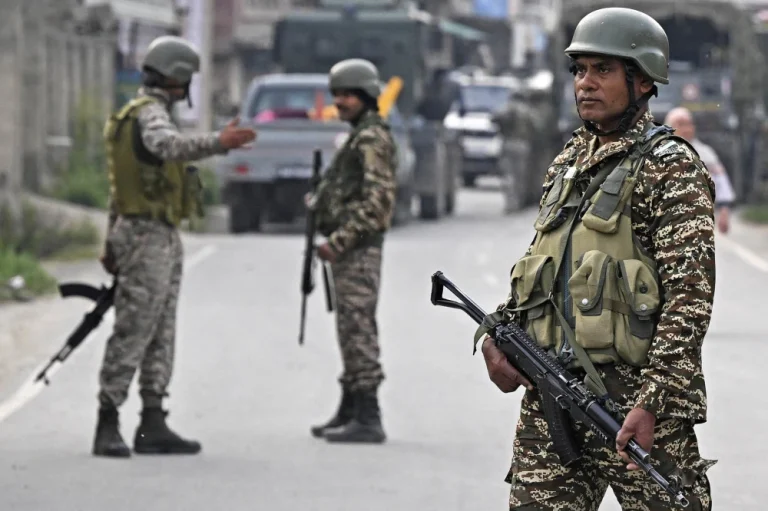NEW DELHI — India on Tuesday pushed back against President Donald Trump’s assertion that the recent ceasefire with Pakistan was influenced by potential trade incentives offered by the United States.
During a routine press briefing, Indian Foreign Ministry spokesperson Randhir Jaiswal clarified that while senior officials in Washington and New Delhi were in contact last week amid heightened military tensions with Pakistan, trade was not part of those discussions.
“Trade was not a topic in any of the exchanges,” Jaiswal said, referencing conversations between Indian Prime Minister Narendra Modi and U.S. Vice President JD Vance, as well as between Indian Foreign Minister S. Jaishankar and U.S. Secretary of State Marco Rubio.
On Monday, Trump told reporters that following Saturday’s agreement between India and Pakistan to halt military operations across land, air, and sea, he had encouraged both sides to de-escalate by promising stronger trade ties.
“I said, ‘Let’s make a lot of trade happen. But you’ve got to stop the fighting. If not, no trade,’” Trump recounted. “And suddenly they said, ‘We’ll stop.’ Trade was a major factor, among other things,” he claimed.
The ceasefire followed one of the most intense military escalations between the two nuclear-armed neighbors in recent years. The crisis began the previous Wednesday when India launched airstrikes against alleged militant targets in Pakistan, which it blamed for last month’s killing of 26 tourists in Indian-administered Kashmir. Pakistan denied involvement in the attack.
In the days that followed, both countries engaged in heavy cross-border shelling and launched drone and missile attacks against each other’s military sites and airbases.
The rapidly worsening situation alarmed the international community, prompting calls for restraint. Trump said he not only helped facilitate the ceasefire but also reiterated his willingness to mediate the long-standing Kashmir dispute. The contested Himalayan region has been the flashpoint for two wars between the two nations, both of which claim it entirely but control different parts.
India, however, reiterated its rejection of outside mediation in Kashmir.
“Our consistent national policy is that all matters related to Jammu and Kashmir, a federally governed union territory, must be resolved bilaterally between India and Pakistan. There is no change in this position,” said Jaiswal.
Late Tuesday, Pakistan’s Foreign Ministry announced the expulsion of an Indian High Commission staff member in Islamabad, accusing him of unspecified misconduct and giving him 24 hours to leave the country.
This latest move follows a previous diplomatic tit-for-tat last month, during which both nations reduced the size of each other’s diplomatic missions. Neither side has reinstated the expelled diplomats. Such expulsions are common in India-Pakistan relations, typically accompanied by accusations of spying.

